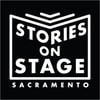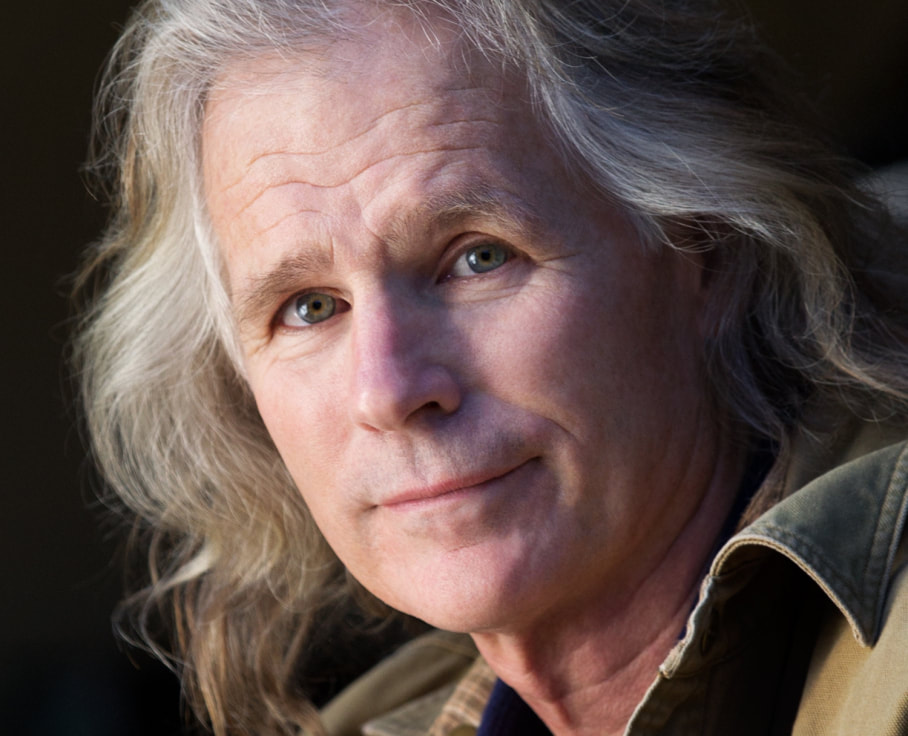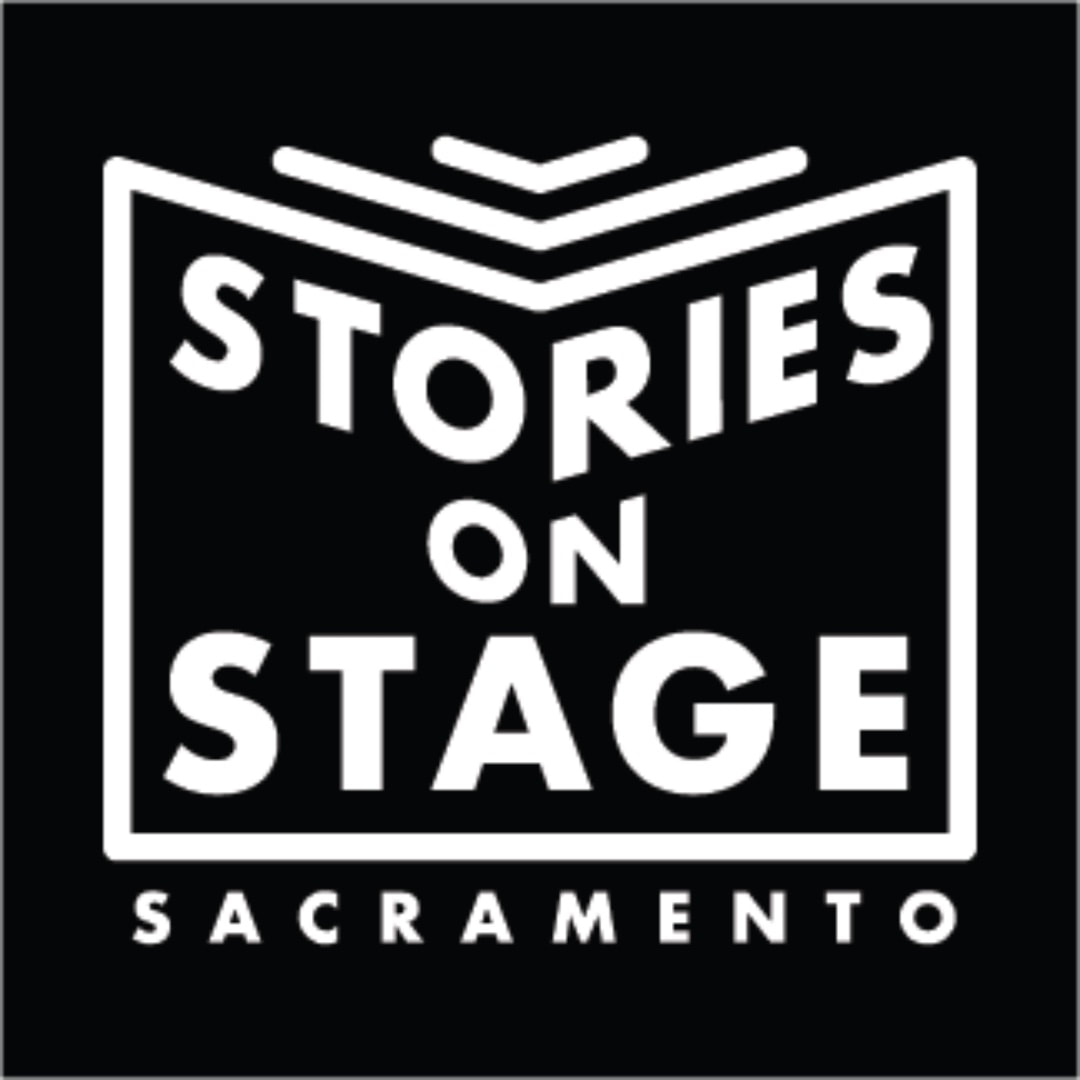|
By Sue Staats
Scott Alumbaugh is a person of enviable – even mind-blowing – accomplishment. After practicing law for twenty years, he did this: taught legal writing (his essays have appeared in Los Angeles Lawyer and Bay Crossings,) worked as a sailing instructor, radio producer and host, theater manager, stage crew for a traveling Gilbert and Sullivan repertory company, and ESL instructor in Japan. He started his own web, print, and graphic design business, Sea Dog Designs, in 2000. He’s also an avid cyclist and oh yes, a writer, winner of the 2014 Black Hill Press Summer Writing Project and runner-up for the 2017 Howard Frank Mosher Short Fiction Prize for his story “Fire Illness,” which appeared in Hunger Mountain Review. Whew, I said, wondering which of these careers had the most influence on his writing… You’ve been an attorney, a sailing instructor, a web design guru, radio producer and host, and theatre crew, among many other things, and of course you’re an avid cyclist. Which of these careers, or vocations, has influenced your writing the most? I’d have to say the attorney thing, for good and bad. Because for better and worse, legal training and practice shape your way of thinking, of problem solving, how you organize your research, how you process information, how you go about collecting facts, etc. etc. One of my favorite law review articles compares legal education to Zen Buddhism: the idea behind both being to beat the existing thought process out of you to make way for a completely new way of thinking. Legal thinking is very linear, very organized. Very structured. It’s a process that, once it’s drilled into you, really permeates most other aspects of your cognitive life. I haven’t practiced in over twenty years, but I still approach most endeavors the same way. The process becomes that integral. In terms of writing, it helps me organize the pieces I’m working on, to lay the foundations, the structure, without which I am totally lost. At the same time, however, it tends to tether me to the ground, so to speak. It’s very hard for me to do anything too outlandish because I’m always drawn back to the concrete, the verifiable. That’s one of the things I really enjoy about the story you’ve selected, San Andreas’ Fault. It’s one of the few times I’ve been able to escape gravity in a story, or at least time/space. It was a lot of fun to write. It was a lot of fun to read, too, which is why we chose it. So, when did the writing bug bite you? What was your first piece? I first thought of writing a novel in my early-30s, when I was practicing at a downtown LA firm. It was just after the 1992 civil unrest, what most people call the Rodney King riots. Our firm took on a huge pro bono case on behalf of Korean merchants who lost their businesses, and as it turned out, had no insurance coverage because their insurers were frauds, fly-by-night operations chartered out of the Caribbean. Researching the characters behind these insurance companies was like reading an Elmore Leonard novel. They did everything from claiming sovereignty over a sand bar in the Rio Grande and arguing it made them immune from income tax, to renting assets whenever they underwent audits. Every time some new fact came to light I’d say out loud to anyone near, “Someone should turn this into a novel.” So I figured I’d try. I took a couple of courses through UCLA Extension and went at it pretty solid for a few years. In retrospect, I realize I had no idea what I was doing. I flailed the entire time. When I finally gave up, about five years later, it was one of the happiest days of my life. I felt like this huge burden had been lifted off my shoulders. But I started it up again six or seven years ago, and yes, I finished it. It’s called California Incline. Interestingly, the novella that won the Black Hill Press Summer Writing project is what I like to call a “bonus track,” an offshoot of the larger novel. “Will Kill For Food” is the story of one of the ancillary characters in that novel, a half-Korean storeowner named Dean, who’s forced to hole up in his store during the riots. The story we’re featuring at Stories on Stage Sacramento is so different from this, and so different from the other stories of yours that I’ve read. Tell me what inspired it – because it takes such a decidedly weird turn, veering into an alternate universe – I know, right? You called it “funny and weird,” which is exactly right. This was the first story I wrote when I took up writing again. I had a notion in mind, which is a play on the phrase “San Andreas Fault,” and built the story around that. The result was structurally sound, linearly-precise, grammatically correct, nicely punctuated . . . and honestly, quite boring. It was the first story I wrote that I considered a story: that is, it had a beginning, middle, and end. I was really proud of that. Still, it was not much fun to read. I set it aside, wrote some other things, and came back it last year. I decided it needed something different, and that I needed to write something different, something not so down to earth. So I took as a model, in a general sense, the classic mid-century short story we all had to read in high school. You know, the kind of story that seems to make sense . . . until it doesn’t. The kind of short story that makes most people swear off short stories for life. More specifically, I modeled it after Cheever’s “The Swimmer.” In that story, time seems to progress linearly from morning to afternoon, but by the end, the season has also changed, and it seems years have passed. You don’t know how Cheever got from A to Z, but he does it so wonderfully. I’m not claiming to be on Cheever’s level, obviously, but that was the effect I wanted. Only instead of time, I wanted to play with space, and the notion of a fault line as a dividing line between this and that, whatever those happen to be. I had a deeper purpose than just playing—To me, as soon as I hear a writer say, “I thought it’d be interesting to . . .,” I know the story won’t be good because the writing is coming from their head and not their heart. So this is a story from the heart. And I hope we’ll hear more about that at the reading! Yes, you will. I’m looking forward to it.
0 Comments
|
|
Who We AreLiterature. Live!
Stories on Stage Sacramento is an award-winning, nonprofit literary performance series featuring stories by local, national and international authors performed aloud by professional actors. Designated as Best of the City 2019 by Sactown Magazine and Best Virtual Music or Entertainment Experience of 2021 by Sacramento Magazine. |
|


 RSS Feed
RSS Feed
